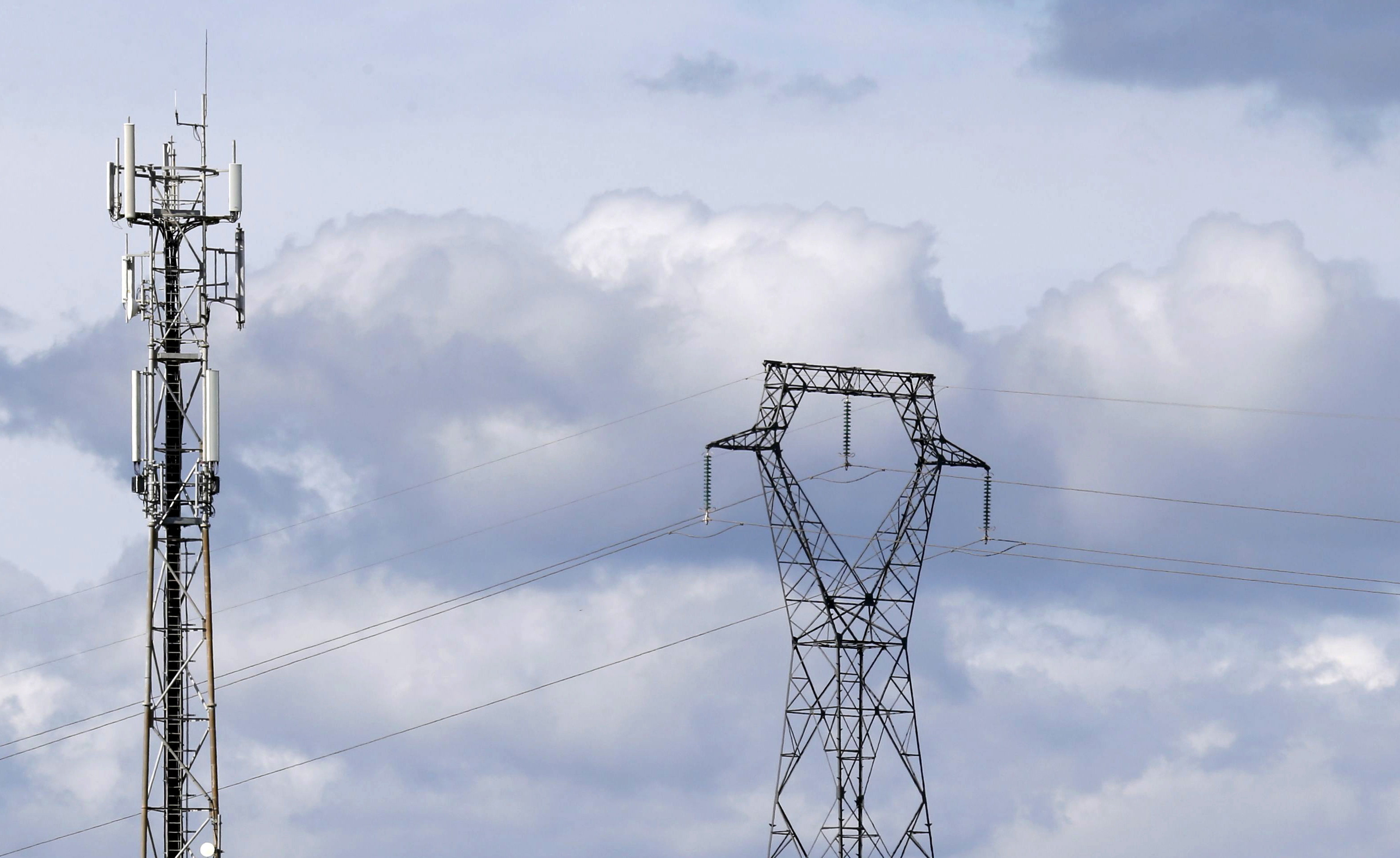[ad_1]

View of high-tension electrical power line near a mobile telecom transmitter relays and antenna in Golfech, France, April 23, 2016. REUTERS/Regis Duvignau/File photo Acquire Licensing Rights
STOCKHOLM, Oct 31 (Reuters) – Vodafone’s (VOD.L) bid on Tuesday to sell its Spanish business is the latest move by European telecom firms trying to strengthen their financial health by divesting assets, consolidating markets and selling stakes to investors.
Buried under billions of euros of debt, European telecom companies operate in small, highly competitive markets, unlike their peers in other regions, making it difficult for them to find growth.
What options do the telecom firms have to expand?
CONSOLIDATION
European telcos have been trying to break a deadlock on mergers for years in the face of opposition from regulators.
In Europe, many countries have four telecom operators jostling for share in small markets, which usually equates to lower prices for consumers but less profit for the companies, analysts say.
Mergers would reduce the number of operators, and regulators are concerned that could lead to higher prices, less choice and a reduction in quality for consumers, particularly if two local players join forces in one market.
Spanish telecom companies Orange (ORAN.PA) and MasMovil announced a $19 billion merger last year, set to be a test case for whether Europe’s antitrust regulators have become more lenient in approving deals that reduce the number of mobile operators.
The EU competition enforcer in June reiterated its worries about such a merger, indicating the telecoms operators may need to offer significant remedies to get the deal approved.
“Orange/MasMovil is a crucial alliance for the European telecoms sector as it could open the door to other tie-ups if approved,” CCS Insight analyst Kester Mann said.
“The Commission probably wanted some clarity on Vodafone’s long-term position in Spain before deciding, so today’s news could help that process along.”
Vodafone, which earlier tried buying MasMovil, announced in June a $19 billion merger of British mobile operations with CK Hutchison (0001.HK), and is braced for prolonged scrutiny by the regulators.
DIVESTING ASSETS
In the last few years, telecom firms have been selling non-core assets such as mobile tower businesses to raise cash. American Tower (AMT.N) and Cellnex (CLNX.MC) spent billions of dollars in buying up the mobile masts.
Spain’s Telefonica (TEF.MC), for one, received 7.7 billion euros for selling its towers business.
Now companies are looking to offload businesses closer to their main operations.
Telecom Italia (TLIT.MI) is in talks to sell its network grid to U.S. fund KKR (KKR.N) for about $24 billion as it looks to reduce its debt and stem cash burning.
Private investors such as French tycoon Xavier Niel took telecoms firm Iliad private for $3.7 billion in 2021, following billionaire Patrick Drahi, whose personal holding company took private the listed owner of France’s second-biggest telecoms group, SFR.
FOREIGN FIRMS BUY STAKES
The weakness of European telecom firms has given Middle Eastern telecom companies an opportunity to build presence in the region.
Between Saudi telecoms group STC (7010.SE) and UAE’s e&, they have spent over 5 billion euros in four deals in Europe in the last year.
STC had been looking to increase its holding in Telefonica to 9.9%, worth 2.1 billion euros, and become the Spanish telecom group’s top shareholder.
UAE’s e& also increased its stake in Vodafone to 14% in February, and was seeking to increase the stake to 20%.
Reporting by Supantha Mukherjee in Stockholm; Editing by Jan Harvey
Our Standards: The Thomson Reuters Trust Principles.
[ad_2]
Source link
